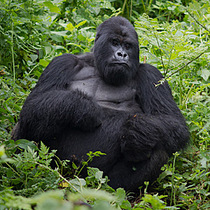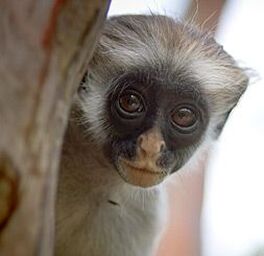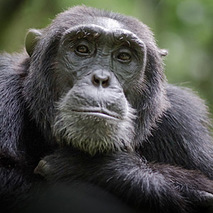|
Research in the Stumpf Lab focuses on applying comparative biology in biodiverse, natural environments in Africa to shed light on patterns of ape behavior, and biology, host-microbial relationships, microbial transmission (including bacterial and viral), and antibiotic resistance from a One Health Perspective.
We apply next-generation microbial sequencing, hormonal and genetic analyses and behavioral, morphological and physiological field studies of wild chimpanzees and other primates interacting within a larger complex and changing environment of arthropods, other wildlife, humans, and livestock. Current projects include 1) metagenomic analyses to illuminate host-microbial relationships and the role of primate diet, mating systems, phylogeny, and other exogenous factors on microbial diversity and function 2) microbial surveillance in biodiverse regions to identify and predict emerging diseases and transmission dynamics, 3) comparative primate biology and behavior to model and test evolutionary mechanisms including reproductive strategies and sexual conflict, 4) morphological studies of sexual dimorphism and intra-specific variation, and 5) hormonal influences on reproductive strategies, adolescent development, dispersal decisions, and reproductive function. Our interdisciplinary, collaborative research has direct implications for understanding human evolution and improving human health. |
Want to Help?
Please consider supporting our collaborative research, capacity building in Africa and wild chimpanzee conservation in various ways.
|
Comparative Microbial Ecology / Evolutionary Metagenomics
|
Evolutionary Endocrinology
|
Long Term Wild Chimpanzee Field Research |
Photos by talented wildlife photographer, Lionel Egger: http://lionelegger.com



